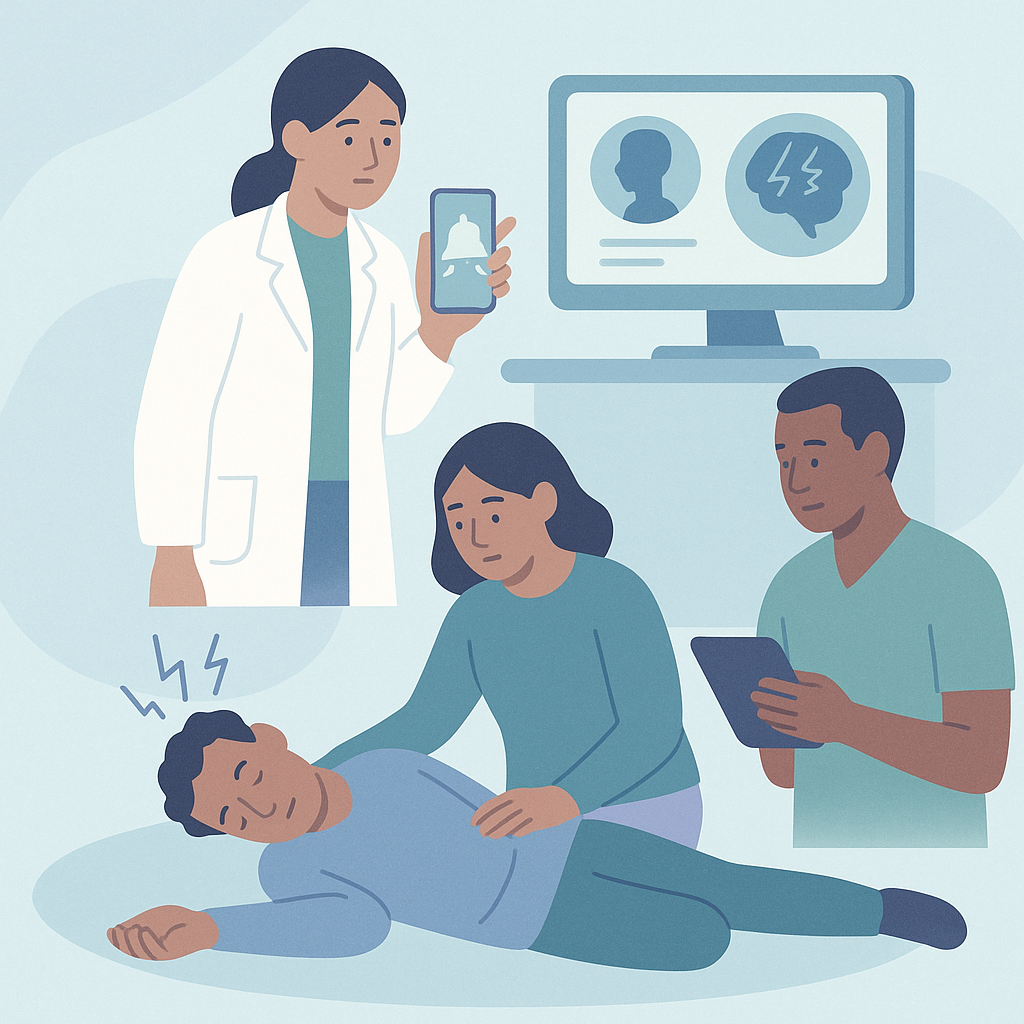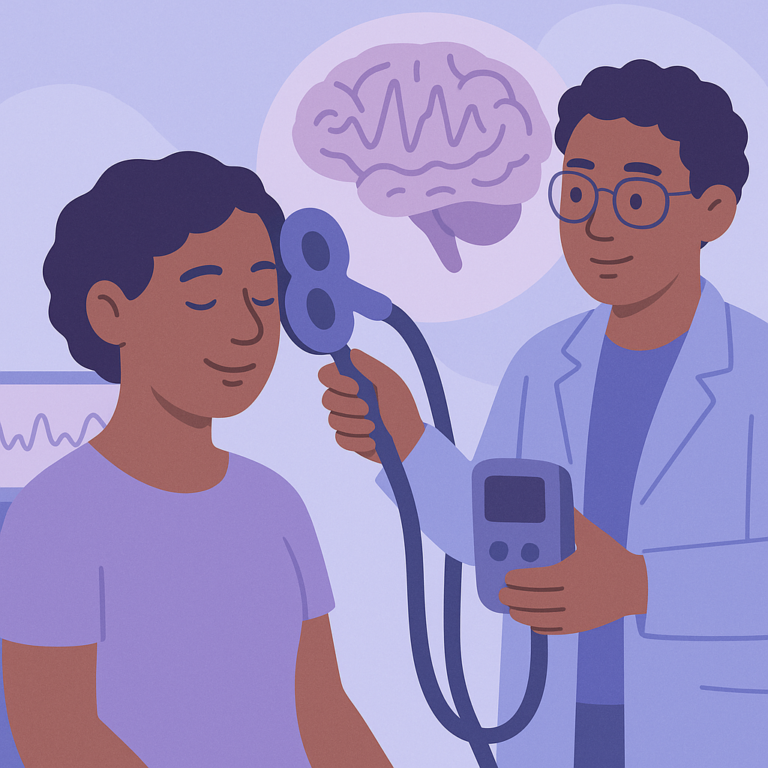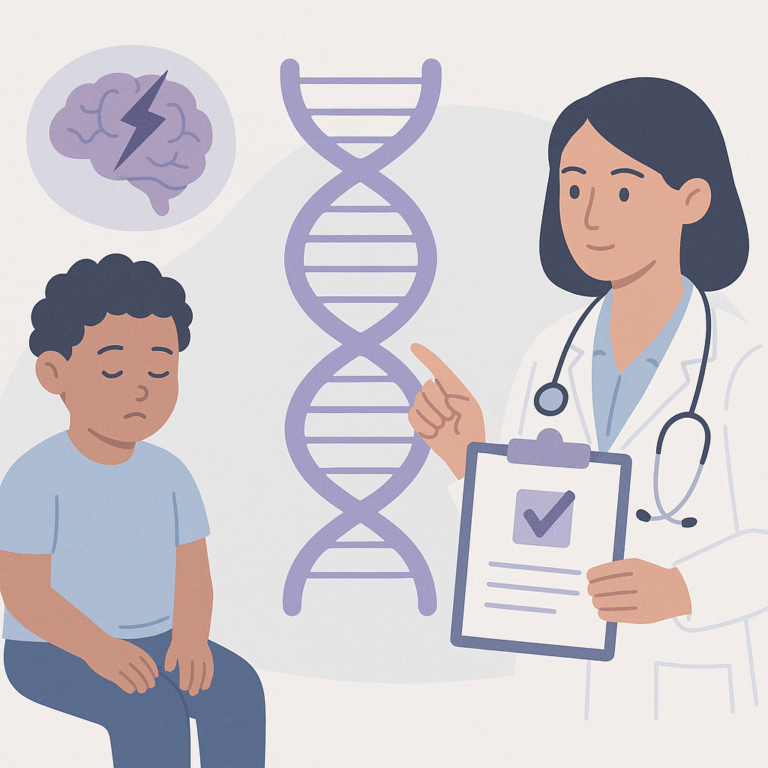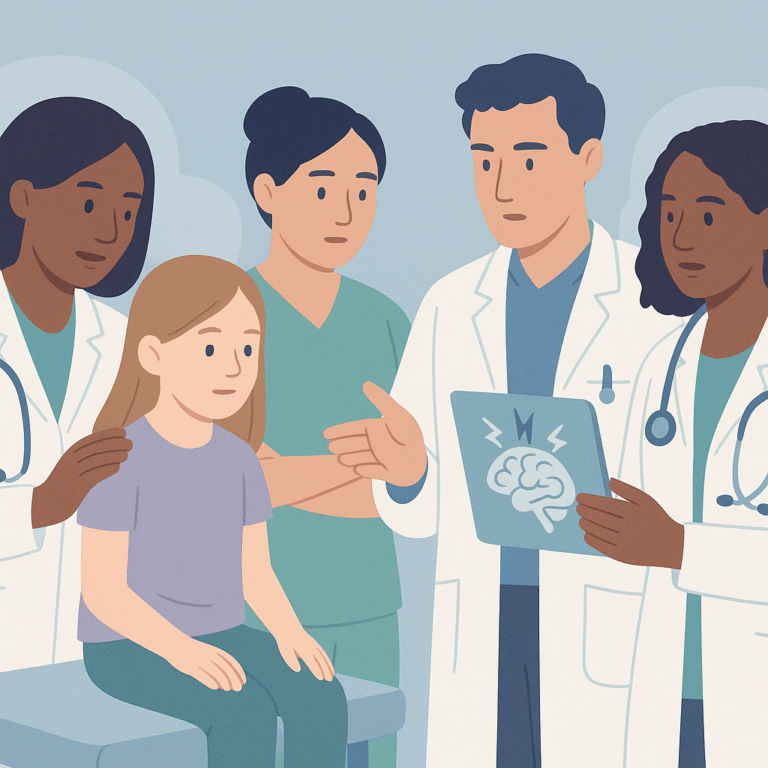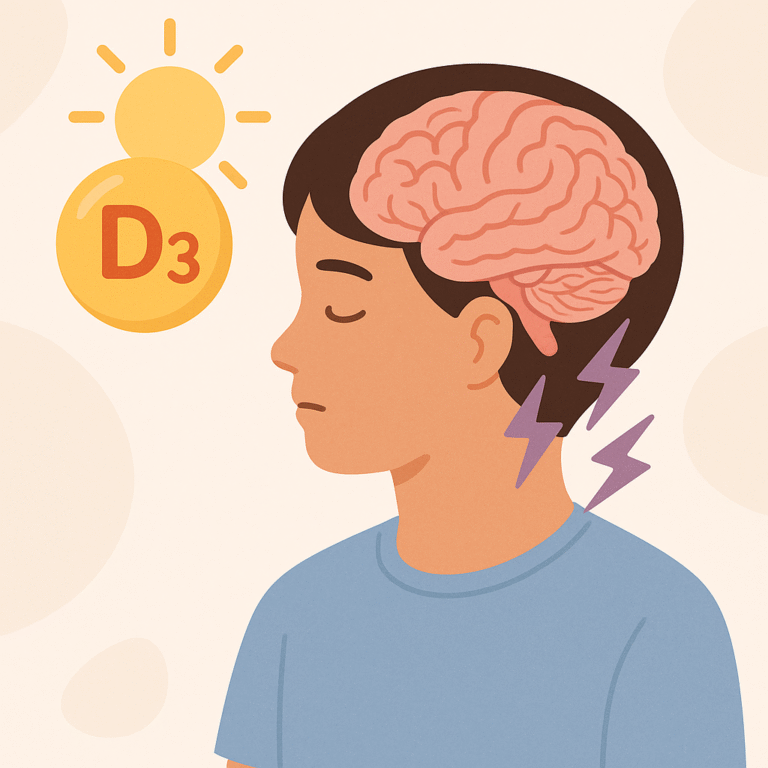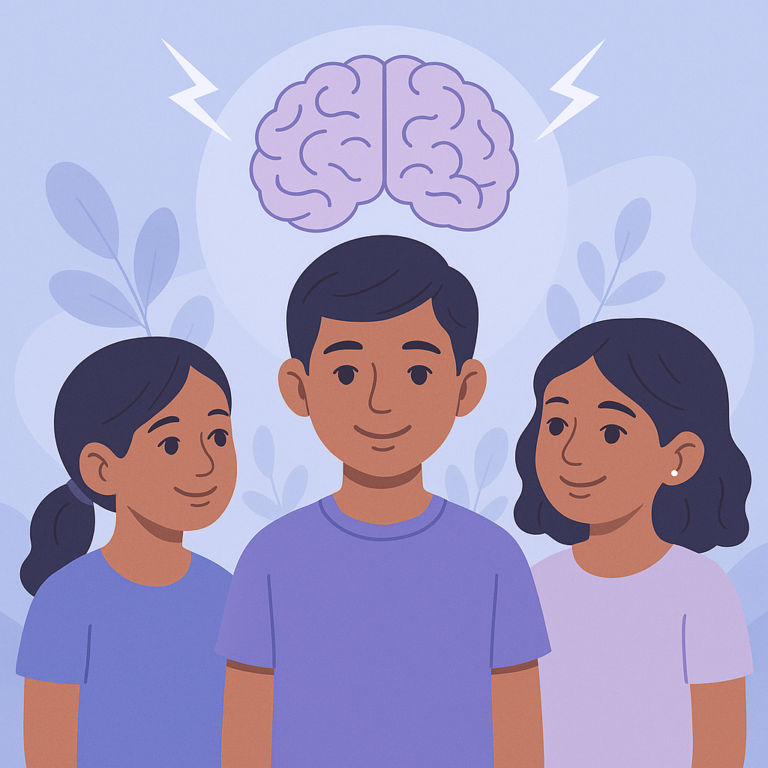New Model Predicts Seizure Emergencies for Better Patient Care
Summary
Researchers aimed to create a model that could predict when people with epilepsy might need emergency hospitalization due to recurrent seizures. They studied a total of 735 patients across different epilepsy centers, first looking back at data from 230 patients and then validating their findings with 505 patients in a more recent study. The researchers focused on various clinical, social, and psychological factors that could influence seizure frequency and severity.
The main finding was that certain factors could help predict which patients were at higher risk for having seizures that required emergency care. Key predictors included having focal epilepsy, experiencing frequent seizures, having mood disorders, and living alone. The best predictive model, which included both social and psychological factors, showed a very high accuracy rate (96%) in identifying patients who might need urgent help.
This research is important because it could help doctors identify patients at risk for severe seizures earlier, allowing for timely interventions that could improve outcomes and reduce hospital visits. However, it is essential to note that this study is still in the early stages and is based on observational data, which means more research is needed to confirm these findings and ensure they can be applied broadly in clinical settings.
Related reading
- Zebrafish Study Reveals PHF21A’s Role in Brain Development and Seizures
- Improving Medical Language Models with Expert Human Input
- New Test May Help Diagnose Parasitic Disease in Children
- Music Therapy Boosts Cognitive Skills in Children with Epilepsy
- Mothers of Children with Cerebral Palsy Face Serious Challenges
Free: Seizure First Aid Quick Guide (PDF)
Plus one plain-language weekly digest of new epilepsy research.
Unsubscribe anytime. No medical advice.